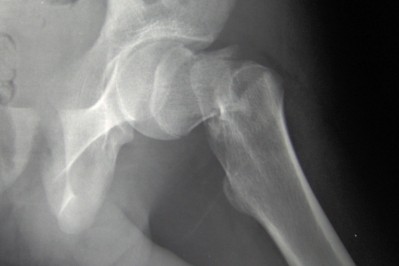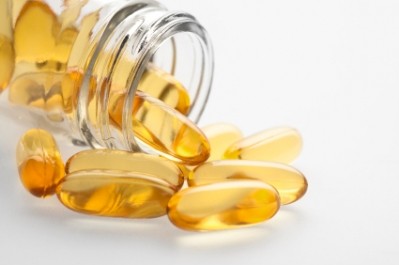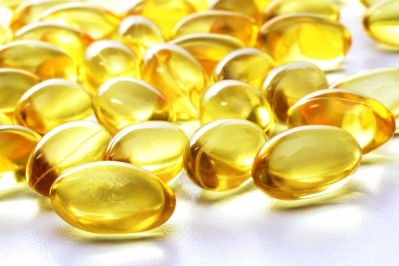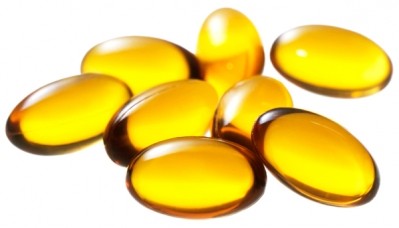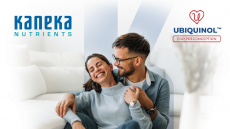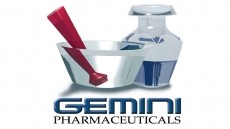Study linking vitamin E with cancer 'irrelevant' for human supplementation, CRN says
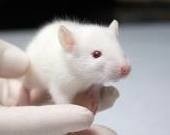
“This study really is irrelevant to humans taking supplements with vitamin E in them. The authors should recognized that. My point is that before you run out and start running out and starting to advise people not to take a dietary supplement with vitamin E you should examine the context,” MacKay, CRN’s vice president of scientific and regulatory affairs, told NutraIngredients-USA.
Megadoses used in study
In the study, conducted by researchers Per Lindahl and Marti Bergo of the Univeristy of Gothenburg in Sweded and published Wednesday in the journal Science Translational Medicine, mice that were genetically engineered to develop fast-growing tumors and then given the equivalent of human doses of vitamin E that ranged between approximately 1,950 IU to 10,000 IU, which translates to approximately 90 to 450 times the recommended amount for consumers to avoid deficiency. The researchers found that the tumors in these mice grew three times faster than mice that received no additional antioxidants in their diet.
“Typical multivitamins target the Recommended Dietary Allowance (RDA) and typical single letter vitamin E supplements contain 200 IU to 400 IU daily, all well within the safety range between the RDA and the Tolerable Upper Levels (UL) established by the government,” MacKay said.
MacKay noted that the U.S. Preventive Services Task Force (USPSTF) recently evaluated and reaffirmed the safety evidence for vitamin E, stating on its website report, " 'The USPSTF found adequate evidence that supplementation with vitamin E has little or no significant harms.’ A study last month published in JAMA on vitamin E in mild to moderate Alzheimer’s patients not only found potential benefits for vitamin E in this area, but also found ‘no significant increase in mortality with vitamin E."
“This new mouse study in no way tips the scales of safety,” MacKay said. “This is just one study, it should not get the fear mongering headline attention that it has. What we do see is sensationalization when the results are negative.”
Totality of evidence
MacKay wasn’t calling the researchers’ study design or results into question. Rather, he said the totality of evidence weighs heavily in favor of vitamin E’s benefits, especially when talking about more realistic dosages.
“Cancer is a complex, multifactorial condition and thees guys were looking at one pathway. One has to take a step back and say when you get so reductionist can mechanistic how relevant is it to be hammering disease-prone mice with megadoses?”
“That’s not to ignore the fact that with nutrients there is often a bell shaped curve. There is insufficiency, there there is a target range and then once you get beyond that . . . this is whole idea that we are trying to figure out how antioxidants work. Sometimes they can be protective and sometimes they can have other functions,” MacKay said.
“But for the average person taking supplements, this study is irrelevant.”
